
5 Things You Must Not Forget When Running Payroll
Managing payroll services in India is more than issuing salaries—it's making sure you're a step ahead with tax regulations, deductions, employee documentation, and government regulations. A single mistake can cause non-compliance, penalties, or upset staff.
Following five areas are most important to remember to have well-oiled, complaint payroll service processing:
1. Structure Salaries Sensibly for Tax Efficiency
Salary structuring is the secret to effective payroll service management. Not only does properly structured salary benefit employees with tax savings, but it also ensures firms conform to regulatory requirements.
Essential Salary Components:
- Basic Salary: Forms the base, typically 35–50% of CTC. It affects a range of benefits like provident fund and gratuity.
- House Rent Allowance (HRA): Gives relief from tax when employee pays rent and meets requirements under Section 10(13A).
- Leave Travel Allowance (LTA): Exempt from tax for travel within the country, admissible twice in a 4-year slab (present slab: 2022–2025).
- Special Allowance: Fully taxable and often used to cover the shortfall of remaining CTC.
- Gratuity & Bonus: Governed by labour legislation; qualifying conditions on the basis of service length and salary structure.
Why it is important: Savvy salary design will minimize the tax burden of the employee and allow you to maintain payroll expenses under control.
2. Legal Deductions & Contributions You Have No Choice On
Statutory compliance is absolutely essential. All payrolls are to have deductions and contributions as mandated by law.
a. Provident Fund (EPF):
-
Applicable to: Companies with 20 and above employees
-
Employee contribution: 12% of Basic + DA.
-
Employer contribution: 12% (8.33% to Pension Scheme, 3.67% to PF).
-
Interest –25: 8.25%.
-
Payment Due: 15th of next month.
b. Employee’s State Insurance:
- Applies to Organizations with 10 plus workers with ≤ ₹21,000/month salary.
- Contribution from Employees: 0.75%
- Contribution from Employers: 3.25%
- Due Date for payment : 15th of next month.
c. Professional Tax:
- Levied in certain states on income slabs.
- Max annual deduction: ₹2,500.
d. TDS on Salaries (Section 192):
- Employers must calculate the estimated annual income and deduct TDS monthly.
- Form 16 should be given within June 15 of the following financial year.
- Employees can submit Form 12BB for exemption statements.
Income Range: Tax Rate
Up to ₹3,00,000: Nil
₹3,00,001 – ₹6,00,000: 5%
₹6,00,001 – ₹9,00,000: 10%
₹9,00,001 – ₹12,00,000: 15%
₹12,00,001 – ₹15,00,000: 20%
Above ₹15,00,000: 30%
3. Tax Regimes & Slabs: Know Your Numbers
India has two tax regimes, and employees must opt for one at the beginning of the financial year.
a. New Tax Regime
- Standard Deduction for salaried individuals is ₹75,000.
- Section 87A Rebate: Up to ₹25,000 if income ≤ ₹7 lakh.
b. Old Tax Regime
- This scheme allows employees to avail exemptions such as HRA, LTA, Section 80C investments, etc.
Tax slabs:
- Upto ₹2.5 lakh : Nil
- ₹2.5–5 lakh: 5%
- ₹5–10 lakh: 20%
- ₹10 lakh and above: 30%
- Note: Employees must notify their preferred tax regime at the start of the year so employers may calculate TDS accordingly.
4. Maintain Clean and Centralized Employee Data
- Exhaustive employee detail is essential for effective payroll processing, tax deduction, and statutory compliance.
- Key Employee Information:
- Permanent Account Number, Aadhaar, and bank account information
- Joining and leaving dates
- Salary framework and tax regime choice
- Leave, attendance, and Leave of Period (LOP) details
- Investment declarations (in the case of the old regime)
- Pro Tip: Invest in a good HRMS or payroll service software. It automates calculations, ensures data accuracy, and makes generation of pay slips, Form 16, and statutory returns simple.
5. Handle Final Settlements with Care
When an employee resigns, his exit and full-and-final settlement must be handled professionally and according to labor laws.
a. Gratuity
- Eligibility: On completion of 5 years of continuous service.
- Formula: 15 days' last drawn wages × number of years of service.
- Tax Exemption is available upto ₹20 lakh under Section 10(10) of Income Tax Act.
b. Bonus
- Applicable to those employees who earn upto ₹21,000 per month.
- Rate: 8.33% to 20% of salary.
- Deadline for Payment: Within 8 months of financial year closure.
c. Leave Encashment
- Paid for unused earned leave at the time of exit.
- Tax exemption is available up to ₹3 lakh in case of non-government employees.
Final Settlement Should Contain:
- Instrument of pending salary
- Incentives & reimbursements
- Gratuity, bonus, and leave encashment
- TDS calculation
- Issue of Form 16 and relieving letter
- Settlement on time consolidates your employer brand and places you legally safe.
Conclusion
Payroll service processing in India is a complicated process—it intertwines tax expertise, legal regulation, and the expectations of workers. For AY 2025–26, employers are required to:
-
Develop tax-effective salary designs
-
All PF, ESI, and tax deadline compliances
-
Latest tax regime rules compliance
-
Records precise and ready for audit
-
Final settlements happen smoothly
Whether you process payroll services internally or using third-party software, these five pillars guarantee compliance, reduce risk, and facilitate a happy workforce.
Recent Posts
-
 Incorporation of Company in UAE...
Dec 03,2025
Incorporation of Company in UAE...
Dec 03,2025
-
 Legal Entity Identifier LEI - Purpose and Applicab...
Dec 01,2025
Legal Entity Identifier LEI - Purpose and Applicab...
Dec 01,2025
-
 Implementation of New Labour Codes 2025...
Nov 29,2025
Implementation of New Labour Codes 2025...
Nov 29,2025
-
 A Step-by-Step Guide to a Smooth Payroll Outsourci...
Nov 28,2025
A Step-by-Step Guide to a Smooth Payroll Outsourci...
Nov 28,2025
-
 PESO Certification in India...
Nov 26,2025
PESO Certification in India...
Nov 26,2025
-
 Family Trusts for NRIs- Managing Indian Assets fro...
Nov 24,2025
Family Trusts for NRIs- Managing Indian Assets fro...
Nov 24,2025
-
 Decoding Disclosures: Section 184 of Companies Act...
Nov 21,2025
Decoding Disclosures: Section 184 of Companies Act...
Nov 21,2025
-
 All you want to know about Recycling business in I...
Nov 20,2025
All you want to know about Recycling business in I...
Nov 20,2025
-
 What is Seed Fund Scheme and its relevance for Sta...
Nov 19,2025
What is Seed Fund Scheme and its relevance for Sta...
Nov 19,2025
-
 Incorporation of Company in Singapore...
Nov 18,2025
Incorporation of Company in Singapore...
Nov 18,2025
-
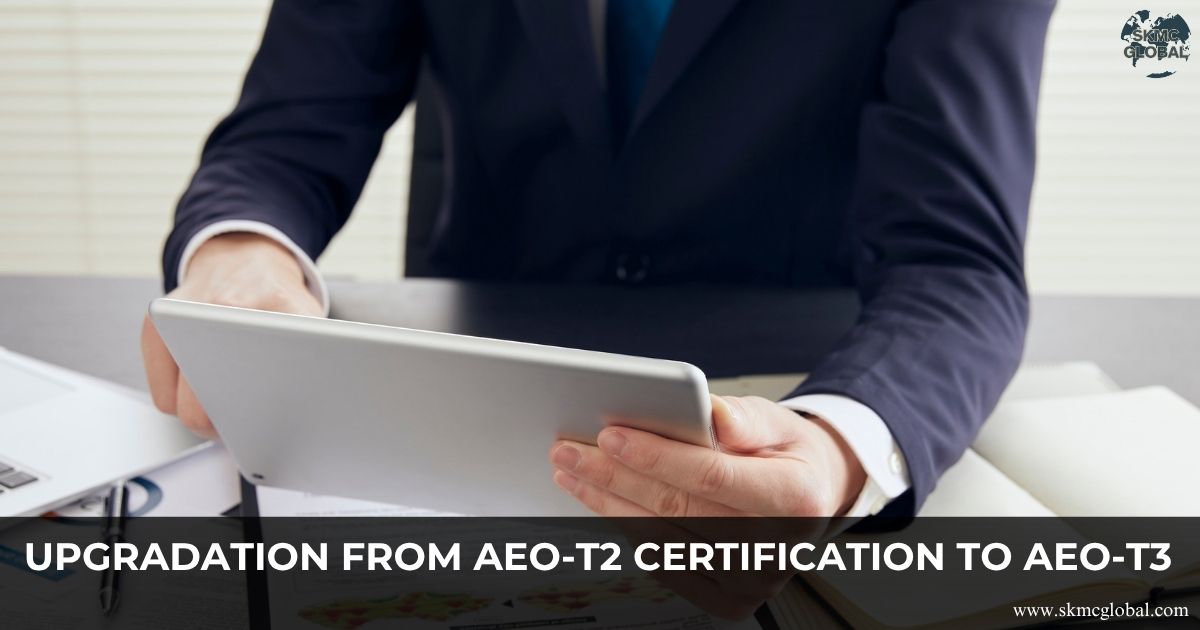 How to upgrade your AEO T2 certification to AEO T3...
Nov 15,2025
How to upgrade your AEO T2 certification to AEO T3...
Nov 15,2025
-
 What is the relevance of APEDA Registration and it...
Nov 14,2025
What is the relevance of APEDA Registration and it...
Nov 14,2025
-
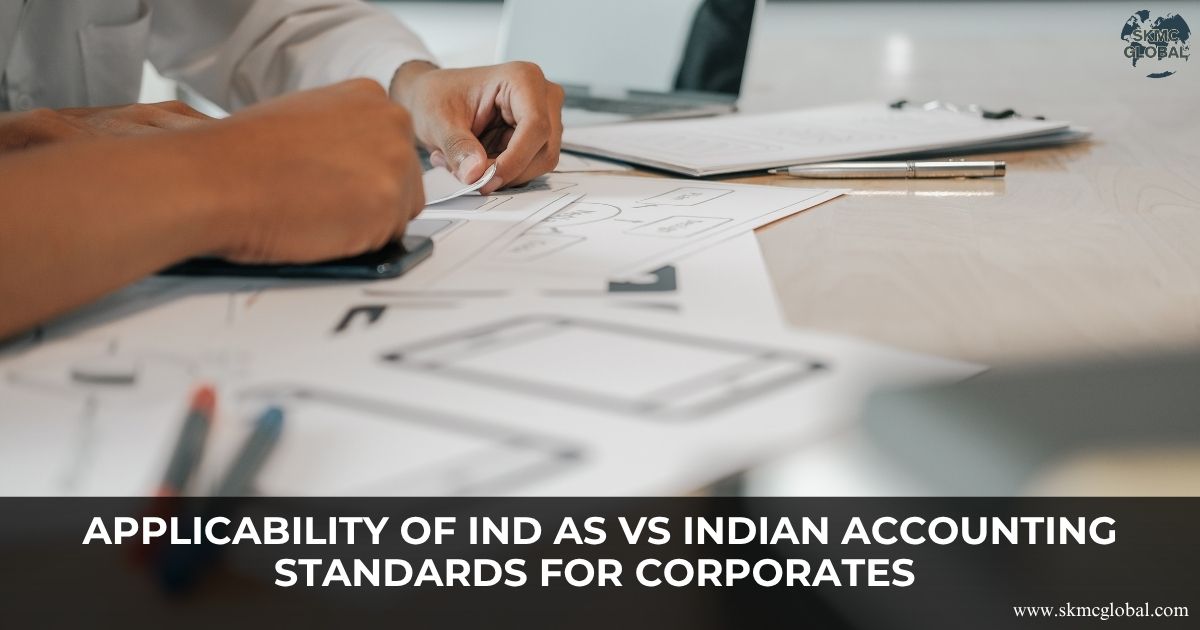 Applicability of Indian Accounting Standards for c...
Nov 11,2025
Applicability of Indian Accounting Standards for c...
Nov 11,2025
-
 Public vs. Private Trust: key Differences in Regis...
Oct 28,2025
Public vs. Private Trust: key Differences in Regis...
Oct 28,2025
-
 Donation and Foreign Contributions to Trusts in In...
Oct 23,2025
Donation and Foreign Contributions to Trusts in In...
Oct 23,2025
-
 Redeemable Preference Shares as a Financial Tool...
Oct 22,2025
Redeemable Preference Shares as a Financial Tool...
Oct 22,2025
-
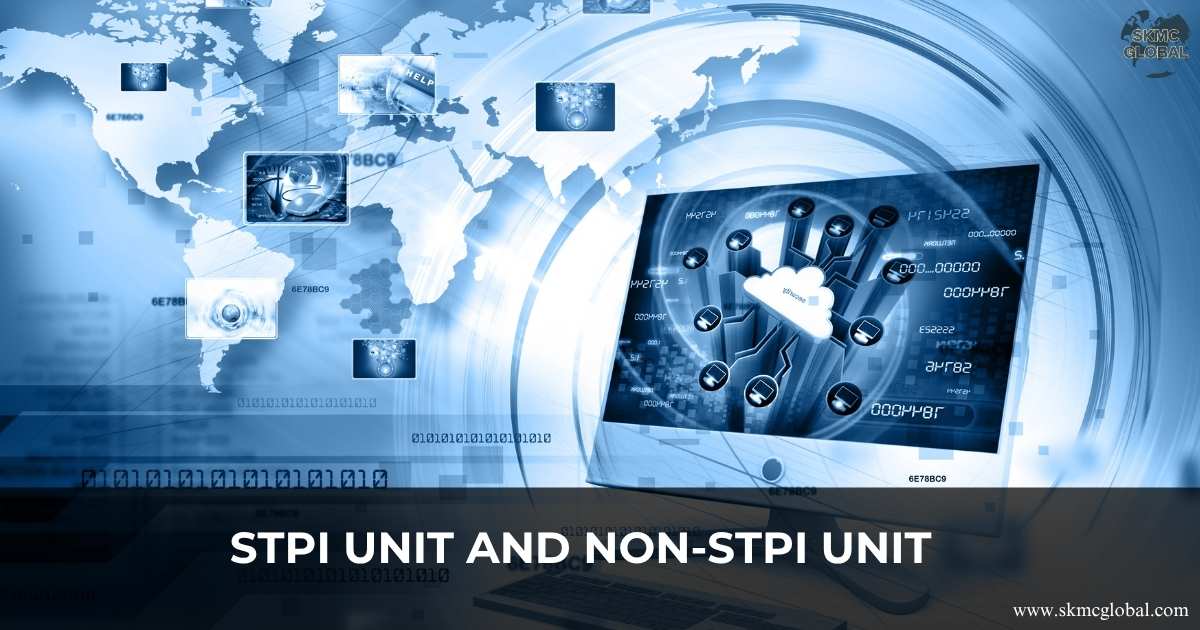 STPI Unit and Non-STPI Unit...
Oct 16,2025
STPI Unit and Non-STPI Unit...
Oct 16,2025
-
 Country-by-Country Reporting (CbCR) and Its Evolvi...
Oct 09,2025
Country-by-Country Reporting (CbCR) and Its Evolvi...
Oct 09,2025
-
 What is Free Trade Agreement and Certificate of Or...
Oct 08,2025
What is Free Trade Agreement and Certificate of Or...
Oct 08,2025
-
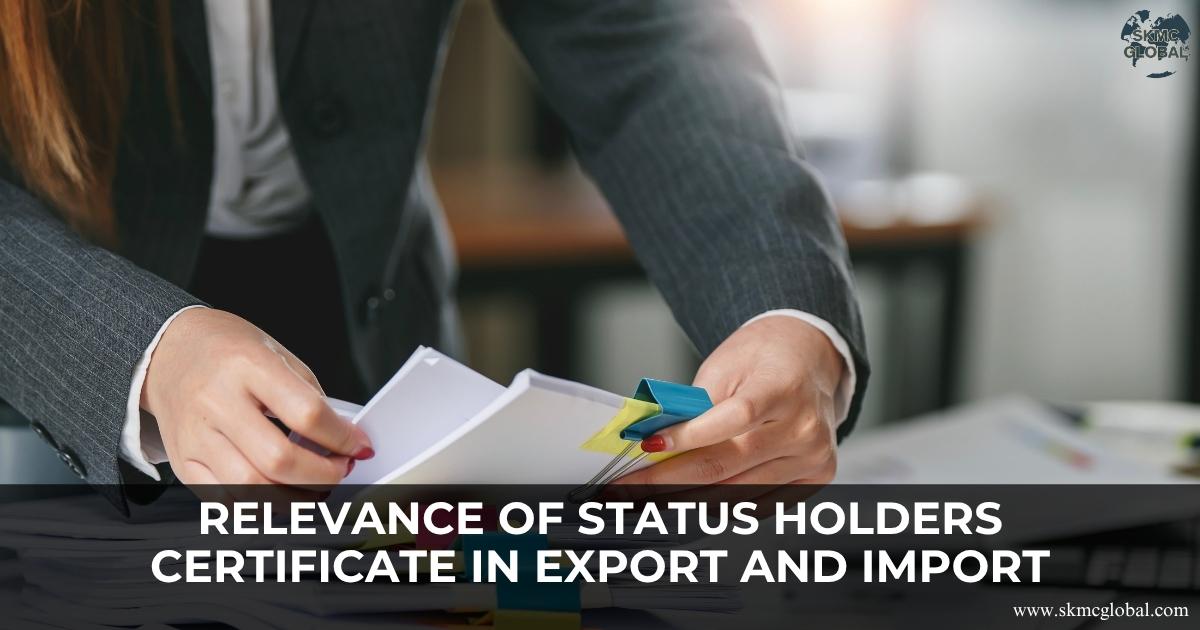 What is the relevance of status holders certificat...
Oct 06,2025
What is the relevance of status holders certificat...
Oct 06,2025
-
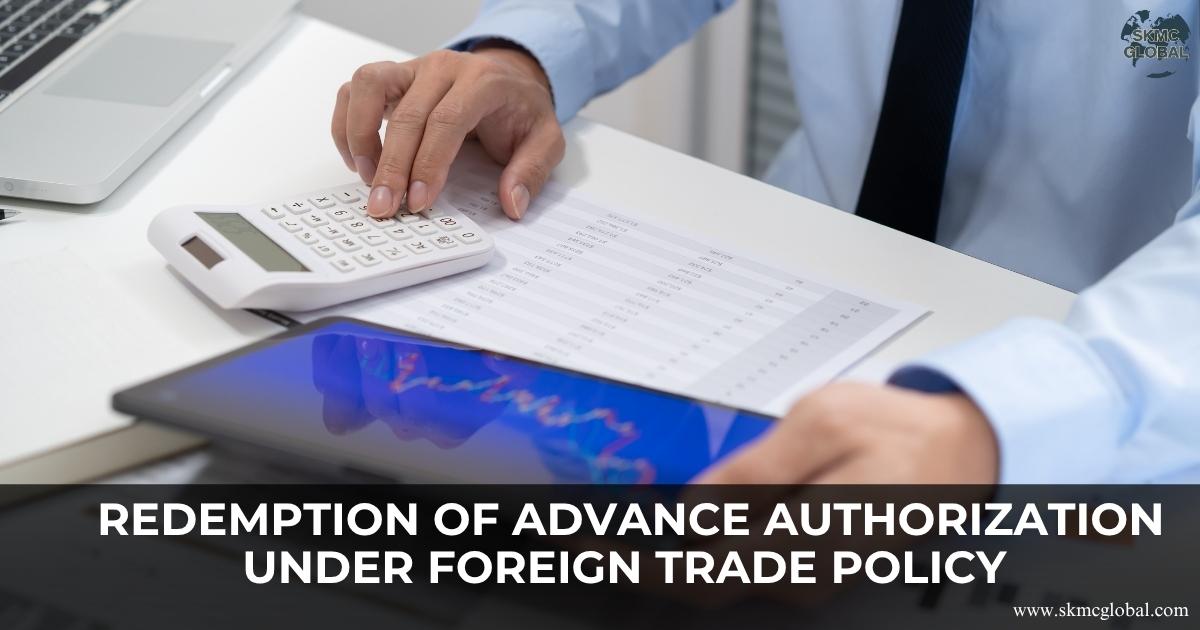 Redemption of Advance Authorization under Foreign ...
Oct 04,2025
Redemption of Advance Authorization under Foreign ...
Oct 04,2025
-
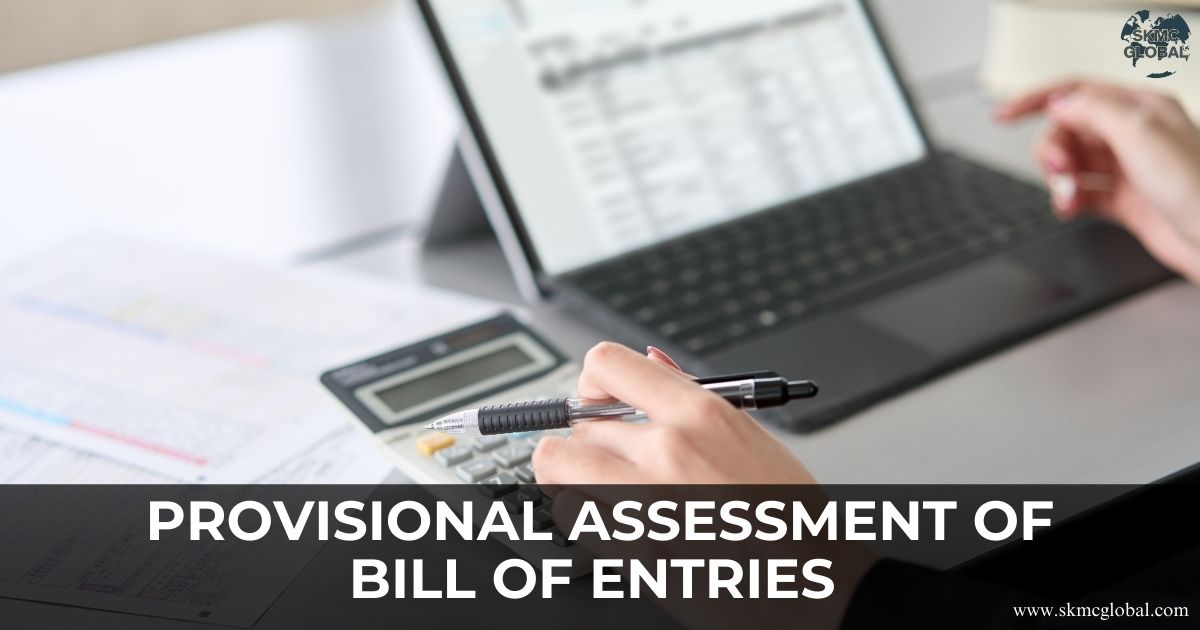 What is provisional assessment of Bill of Entries ...
Sep 29,2025
What is provisional assessment of Bill of Entries ...
Sep 29,2025
-
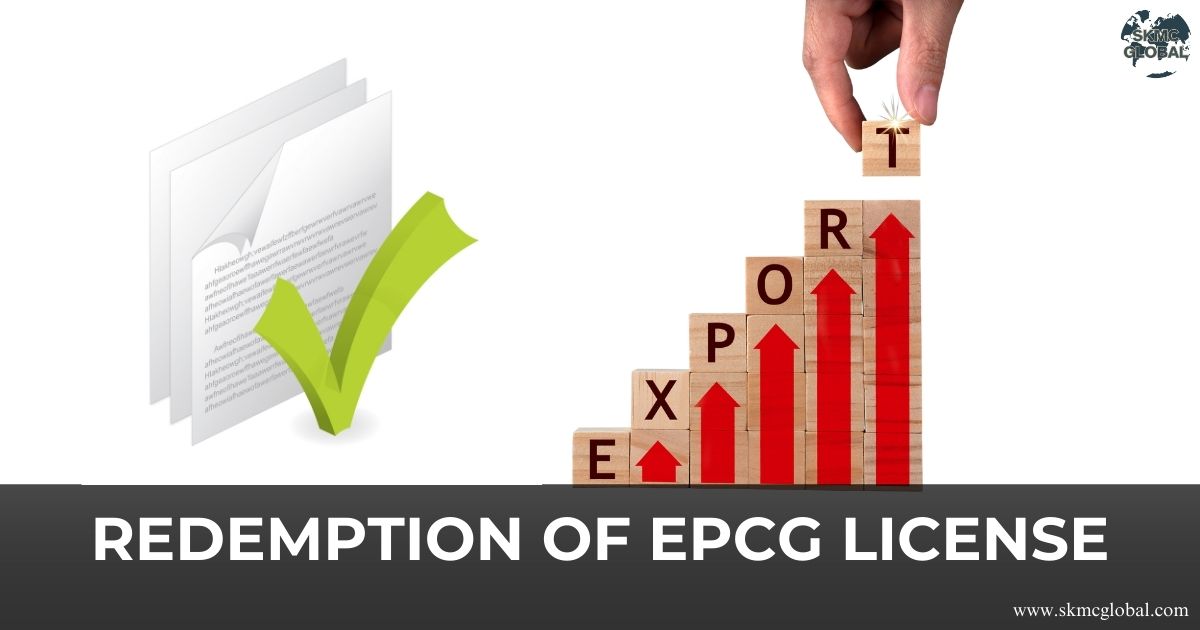 Redemption of EPCG License...
Sep 26,2025
Redemption of EPCG License...
Sep 26,2025
-
 MOOWR (Manufacturing and Other Operations in Wareh...
Sep 24,2025
MOOWR (Manufacturing and Other Operations in Wareh...
Sep 24,2025
-
 Procedure to Apply SCOMET License...
Sep 22,2025
Procedure to Apply SCOMET License...
Sep 22,2025
-
 Landscape of Semiconductor Industry while Doing Bu...
Sep 18,2025
Landscape of Semiconductor Industry while Doing Bu...
Sep 18,2025
-
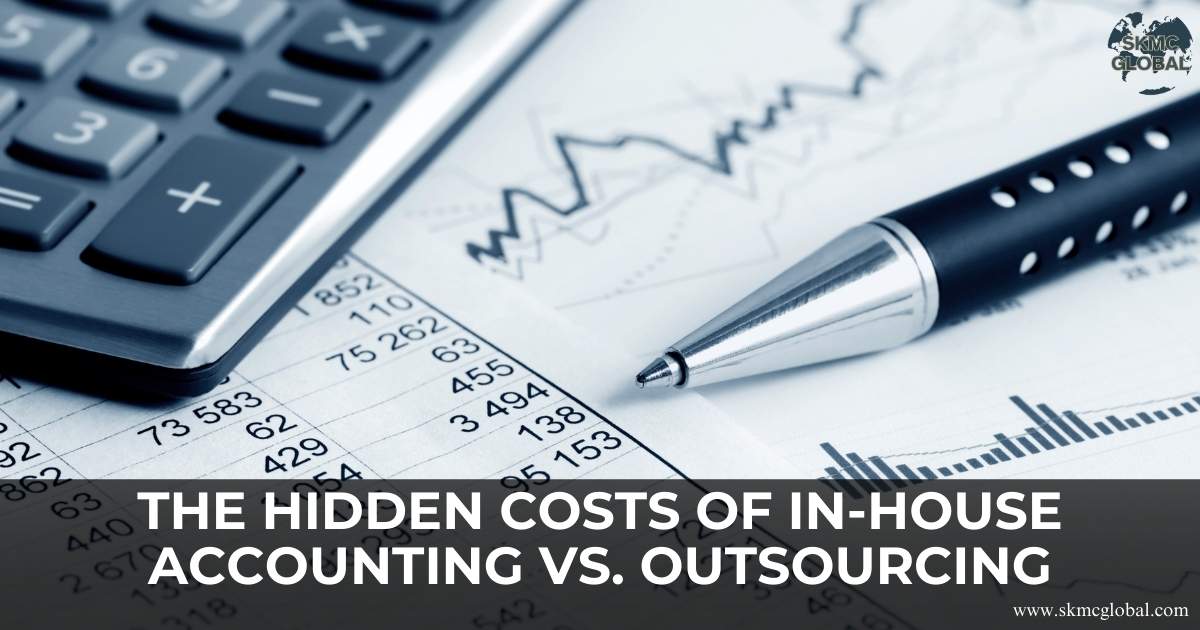 The Hidden Costs of In-House Accounting v/s Outsou...
Sep 17,2025
The Hidden Costs of In-House Accounting v/s Outsou...
Sep 17,2025
-
 TDS on sale of immovable property by an nri...
Sep 10,2025
TDS on sale of immovable property by an nri...
Sep 10,2025
-
 Setting up a Project Office in India...
Sep 08,2025
Setting up a Project Office in India...
Sep 08,2025
-
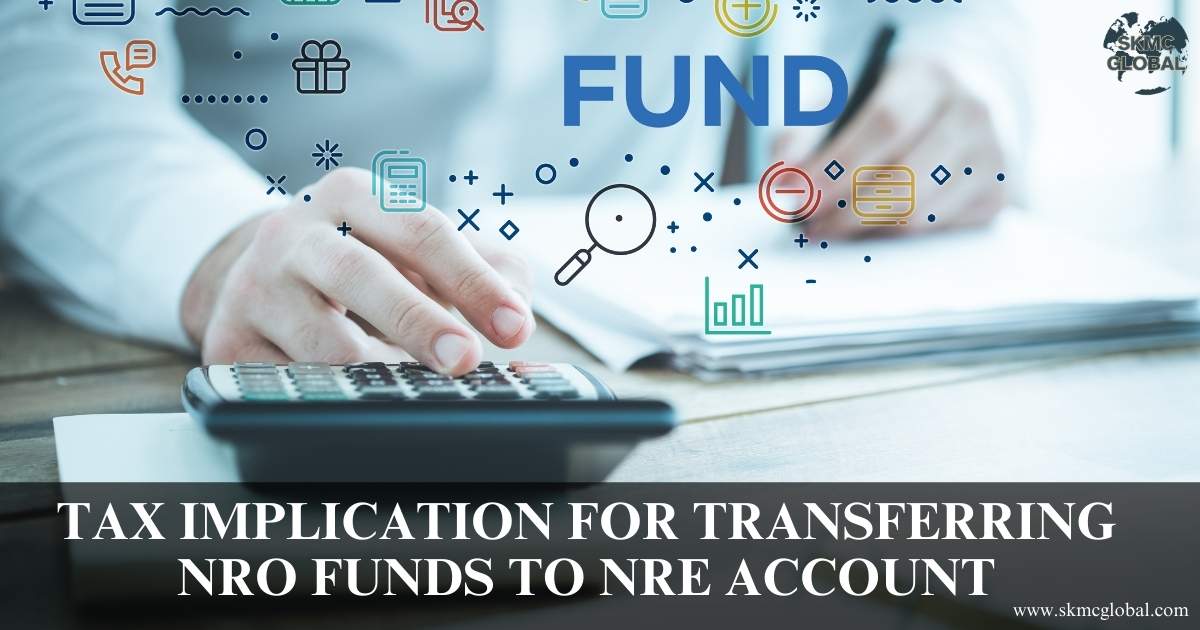 Tax Implication for Transferring NRO Funds to NRE ...
Sep 05,2025
Tax Implication for Transferring NRO Funds to NRE ...
Sep 05,2025
-
 How outsourcing CFO services helps the corporates ...
Aug 27,2025
How outsourcing CFO services helps the corporates ...
Aug 27,2025
-
 Why a Periodical Cash Flow Statement is Necessary ...
Aug 26,2025
Why a Periodical Cash Flow Statement is Necessary ...
Aug 26,2025
-
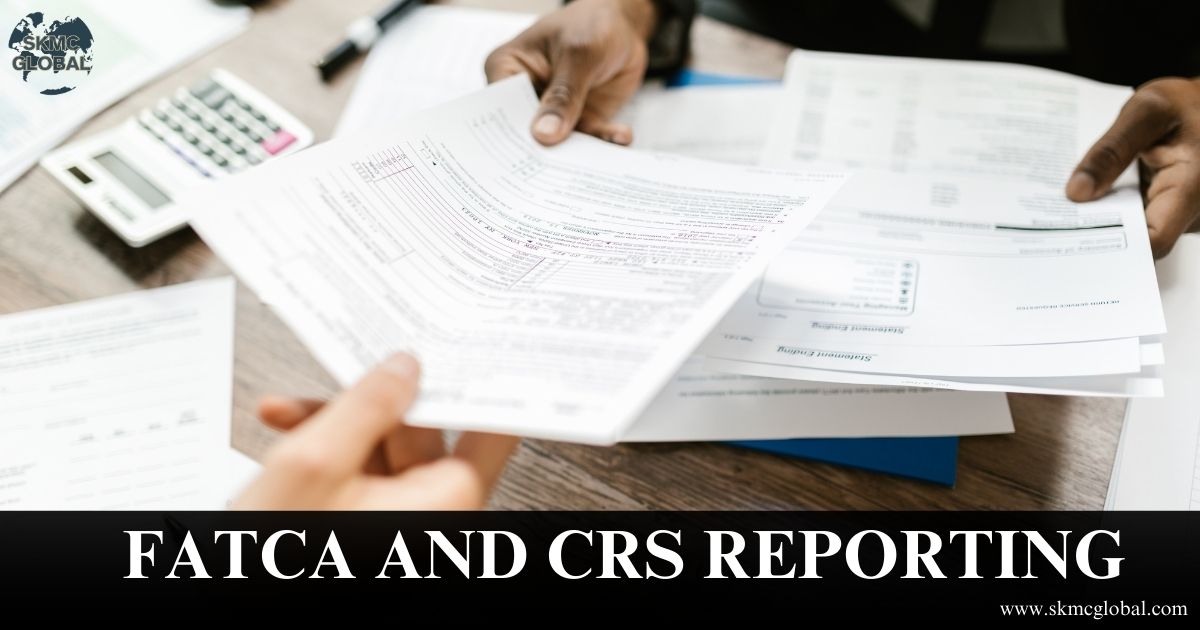 What is FATCA and CRS reporting and its difference...
Aug 22,2025
What is FATCA and CRS reporting and its difference...
Aug 22,2025
-
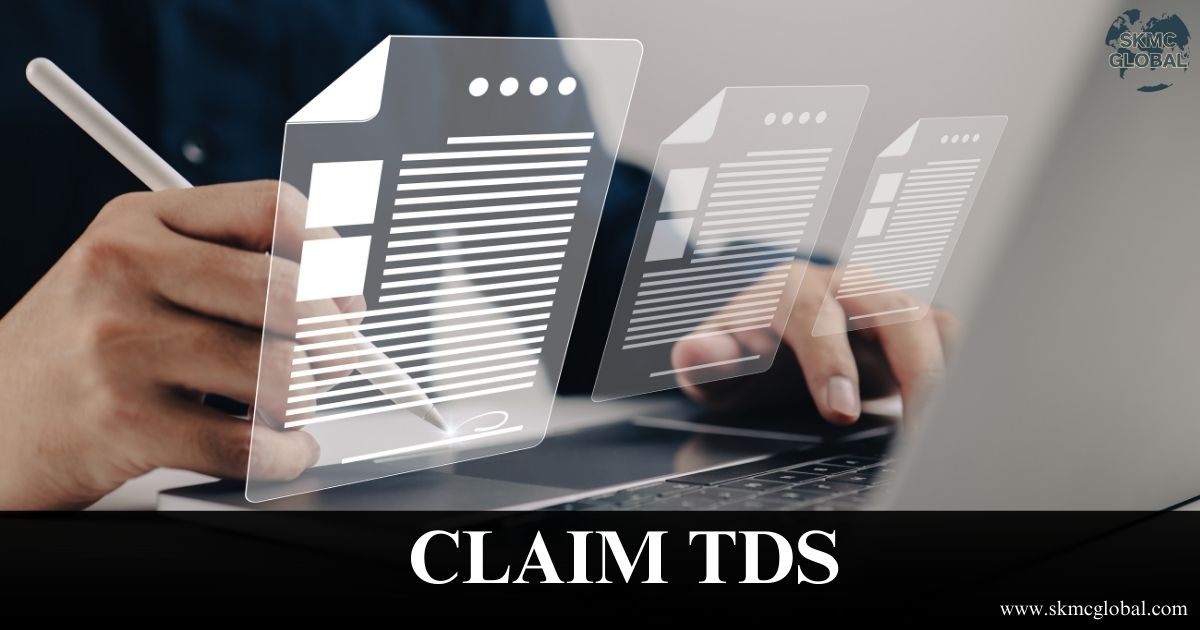 What are unclaimed TDS Credits and how to claim it...
Aug 21,2025
What are unclaimed TDS Credits and how to claim it...
Aug 21,2025
-
 Digital Taxation is reshaping Tax Nexus Between Ju...
Aug 20,2025
Digital Taxation is reshaping Tax Nexus Between Ju...
Aug 20,2025
-
 Procedure to Take PF Registration and Its Complian...
Aug 18,2025
Procedure to Take PF Registration and Its Complian...
Aug 18,2025
-
 Procedure to take PSARA License...
Aug 11,2025
Procedure to take PSARA License...
Aug 11,2025
-
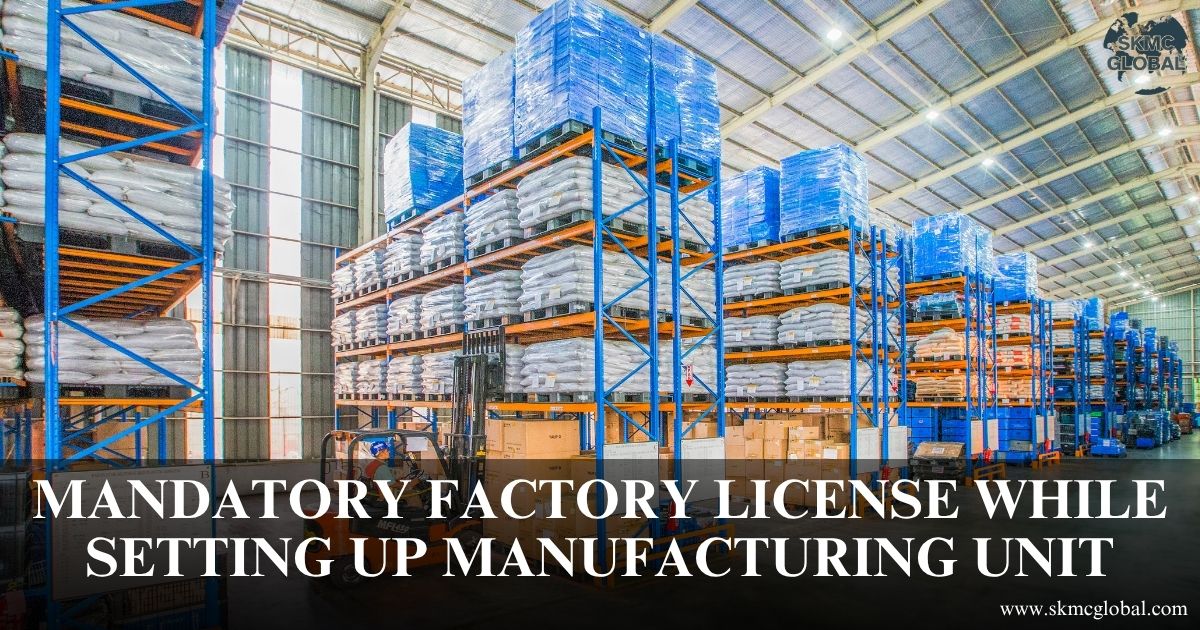 Mandatory factory license while setting up manufac...
Aug 08,2025
Mandatory factory license while setting up manufac...
Aug 08,2025
-
 Procedure for obtaining NBFC Registration in India...
Aug 04,2025
Procedure for obtaining NBFC Registration in India...
Aug 04,2025
-
 FSSAI License registration for Food Business...
Jul 14,2025
FSSAI License registration for Food Business...
Jul 14,2025
-
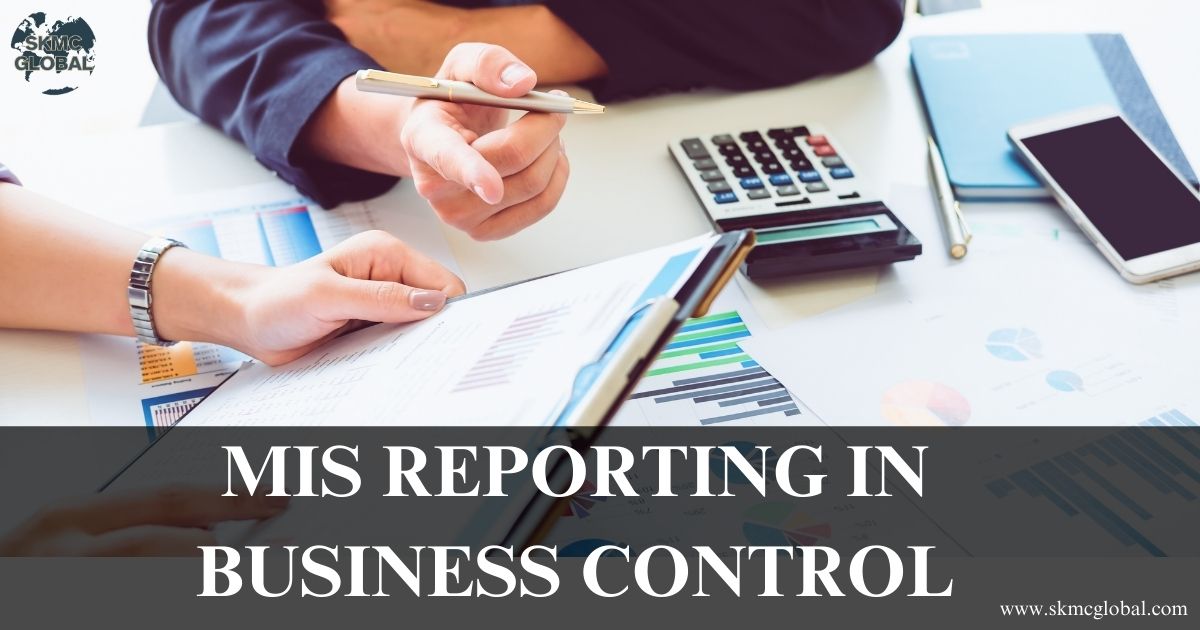 How Management Information System (MIS) reporting ...
Jul 11,2025
How Management Information System (MIS) reporting ...
Jul 11,2025
-
 IFRS 9 impairment- A complete guide...
Jul 12,2025
IFRS 9 impairment- A complete guide...
Jul 12,2025
-
 Why most of the companies are shifting to hr and p...
Jul 10,2025
Why most of the companies are shifting to hr and p...
Jul 10,2025
-
 A complete guide on valuation of shares...
Jul 10,2025
A complete guide on valuation of shares...
Jul 10,2025
-
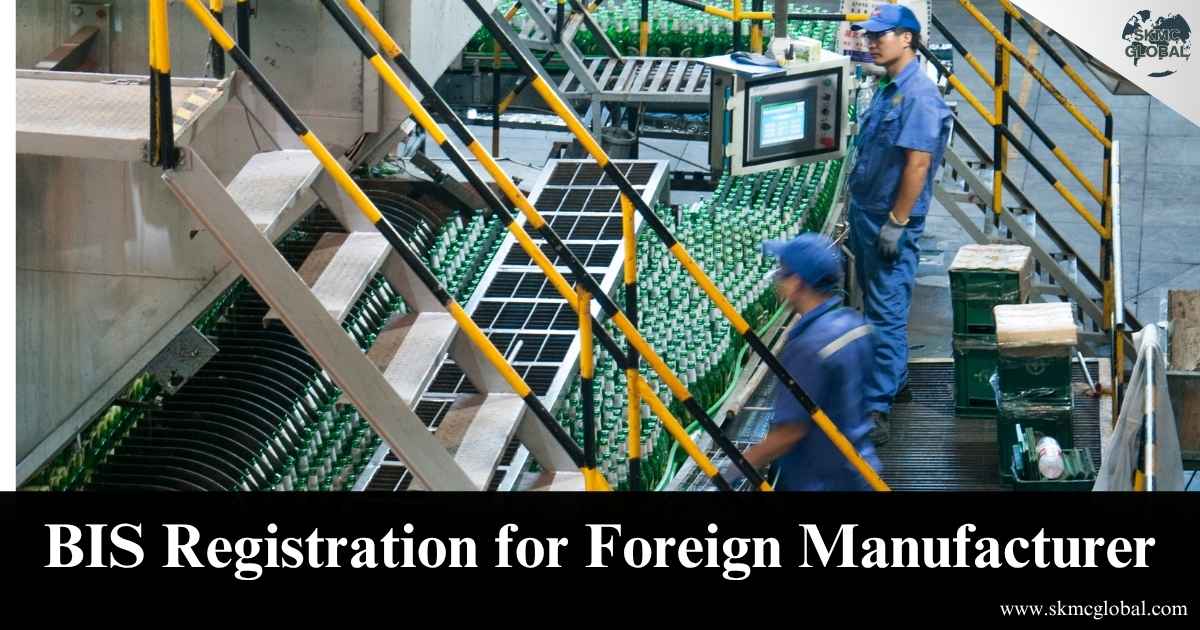 BIS registration for foreign manufacturer...
Jul 09,2025
BIS registration for foreign manufacturer...
Jul 09,2025
-
 Understanding the Scope of the Shops and Establish...
Jul 08,2025
Understanding the Scope of the Shops and Establish...
Jul 08,2025
-
 Coso framework: Complete guide on internal control...
Jun 26,2025
Coso framework: Complete guide on internal control...
Jun 26,2025
-
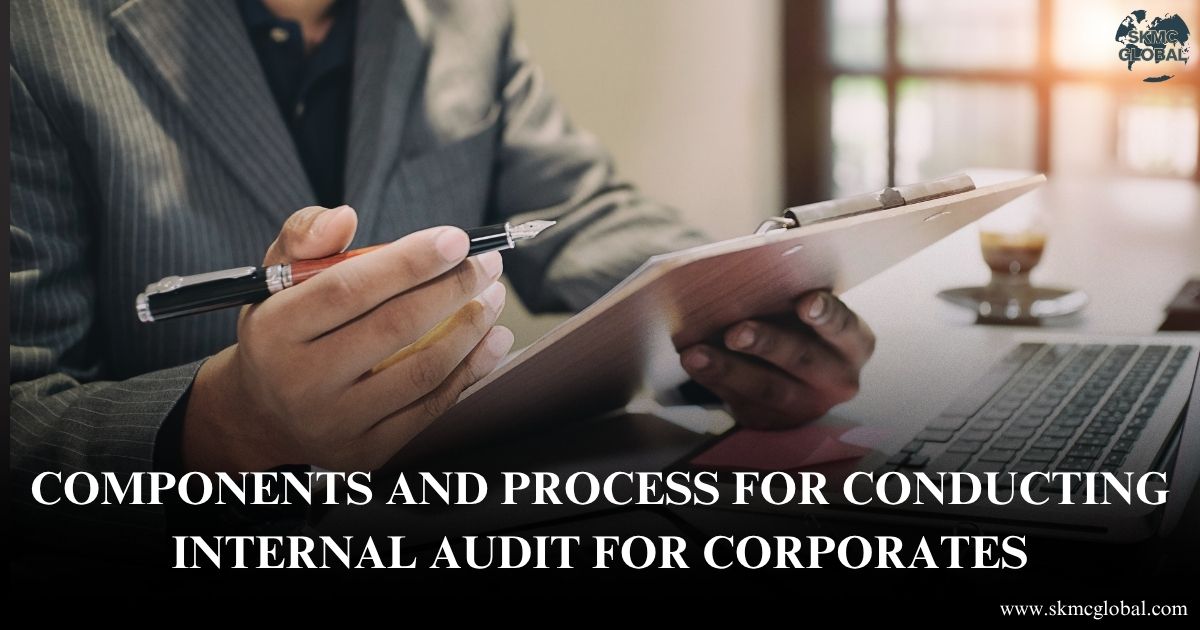 Components and Process for Conducting Internal Aud...
Jun 25,2025
Components and Process for Conducting Internal Aud...
Jun 25,2025
-
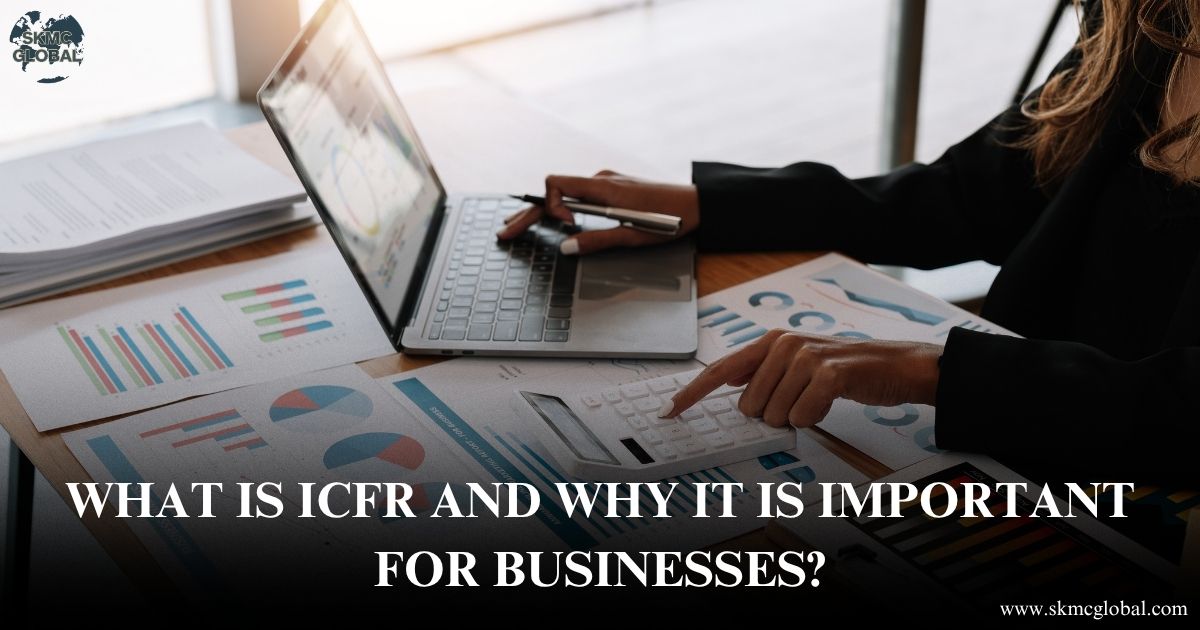 What is ICFR and Why It is Important for Businesse...
Jun 24,2025
What is ICFR and Why It is Important for Businesse...
Jun 24,2025
-
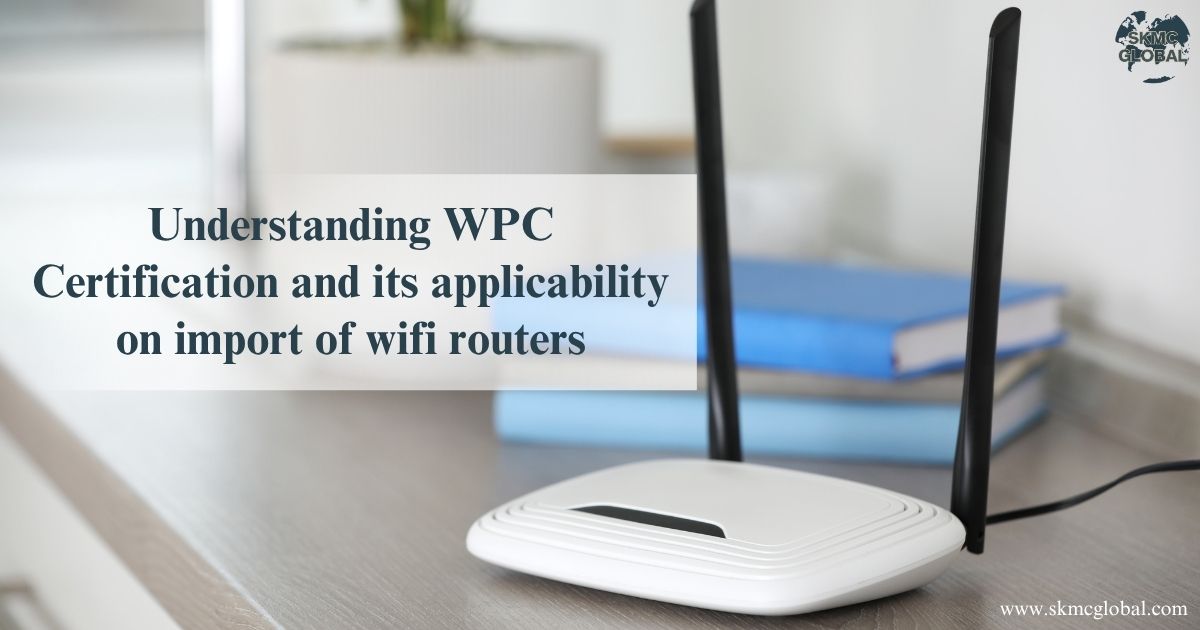 Understanding WPC Certification and its applicabil...
Jun 23,2025
Understanding WPC Certification and its applicabil...
Jun 23,2025
-
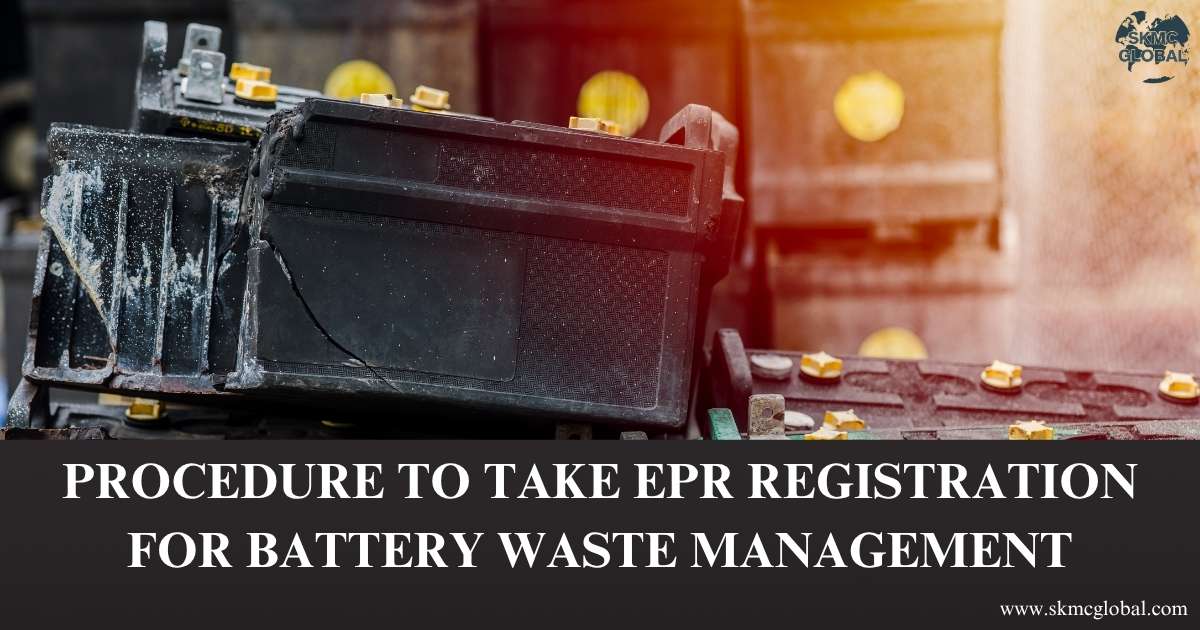 Procedure to take EPR registration for battery was...
Jun 21,2025
Procedure to take EPR registration for battery was...
Jun 21,2025
-
 3PL Logistics...
Jun 19,2025
3PL Logistics...
Jun 19,2025
-
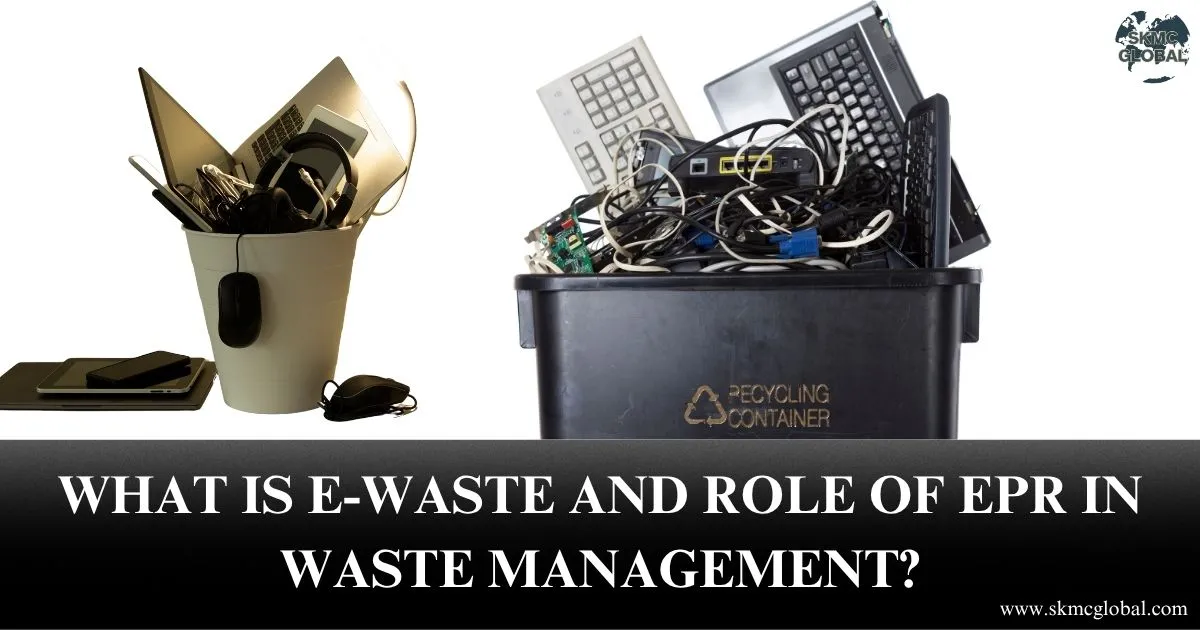 What is E-Waste and role of EPR in Waste Managemen...
Jun 17,2025
What is E-Waste and role of EPR in Waste Managemen...
Jun 17,2025
-
 M&A Due Diligence in India: How to Spot Target Com...
Jun 16,2025
M&A Due Diligence in India: How to Spot Target Com...
Jun 16,2025
-
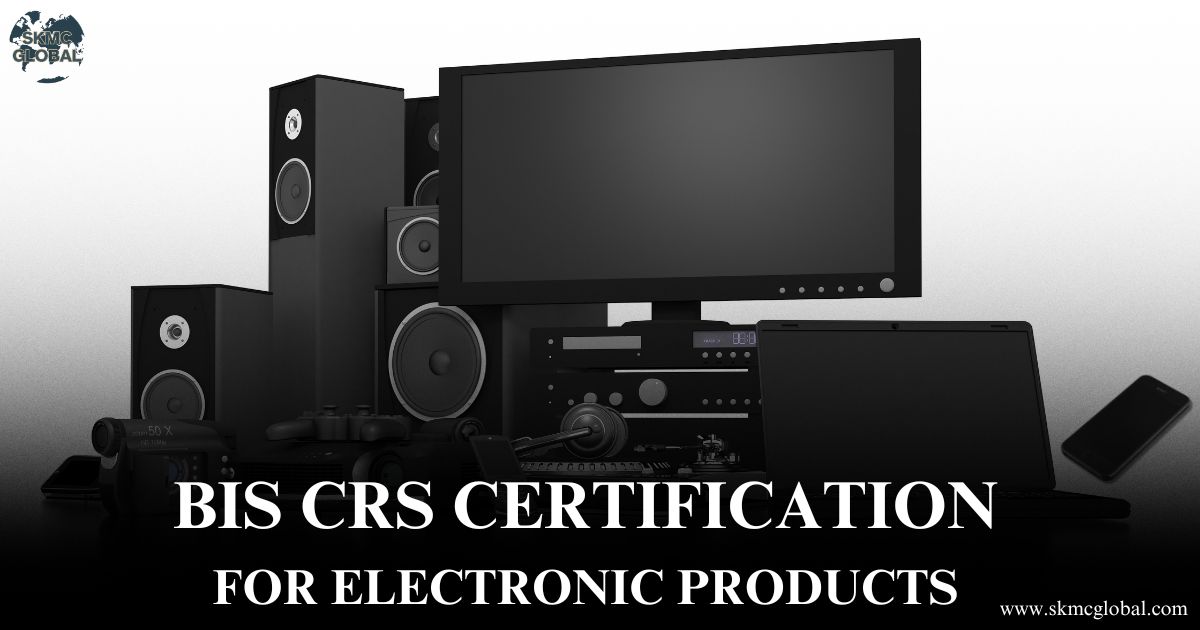 BIS crs certification for electronic products...
Jun 12,2025
BIS crs certification for electronic products...
Jun 12,2025
-
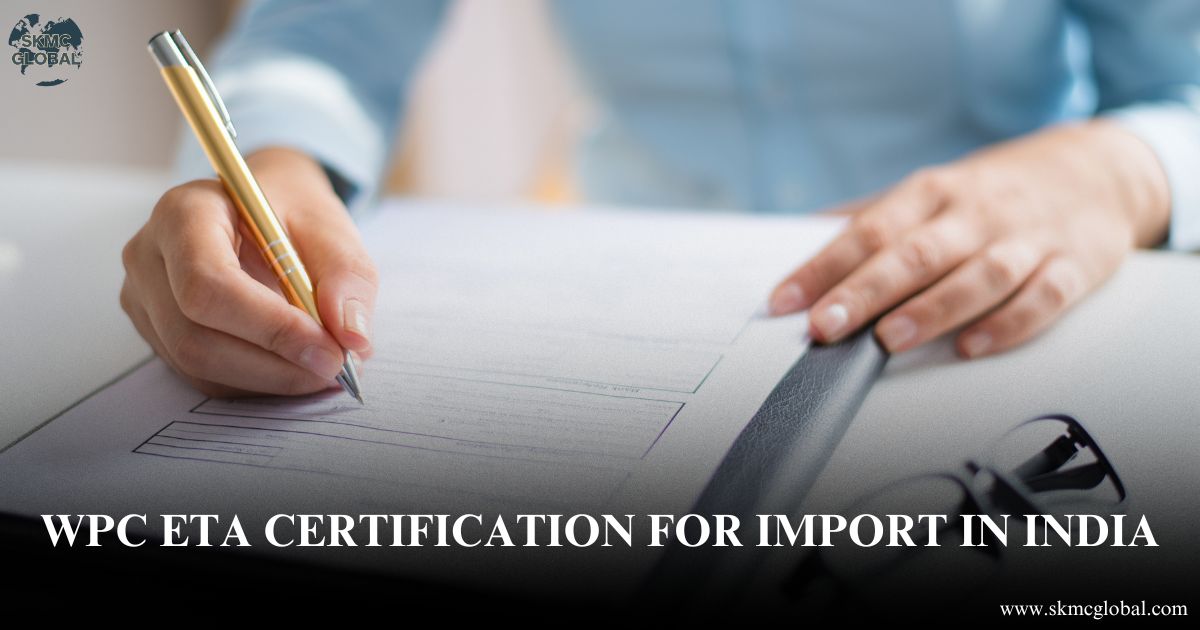 All you need to know about WPC ETA certification f...
Jun 11,2025
All you need to know about WPC ETA certification f...
Jun 11,2025
-
 What is CDSCO Registration under The Drugs & Cosme...
Jun 10,2025
What is CDSCO Registration under The Drugs & Cosme...
Jun 10,2025
-
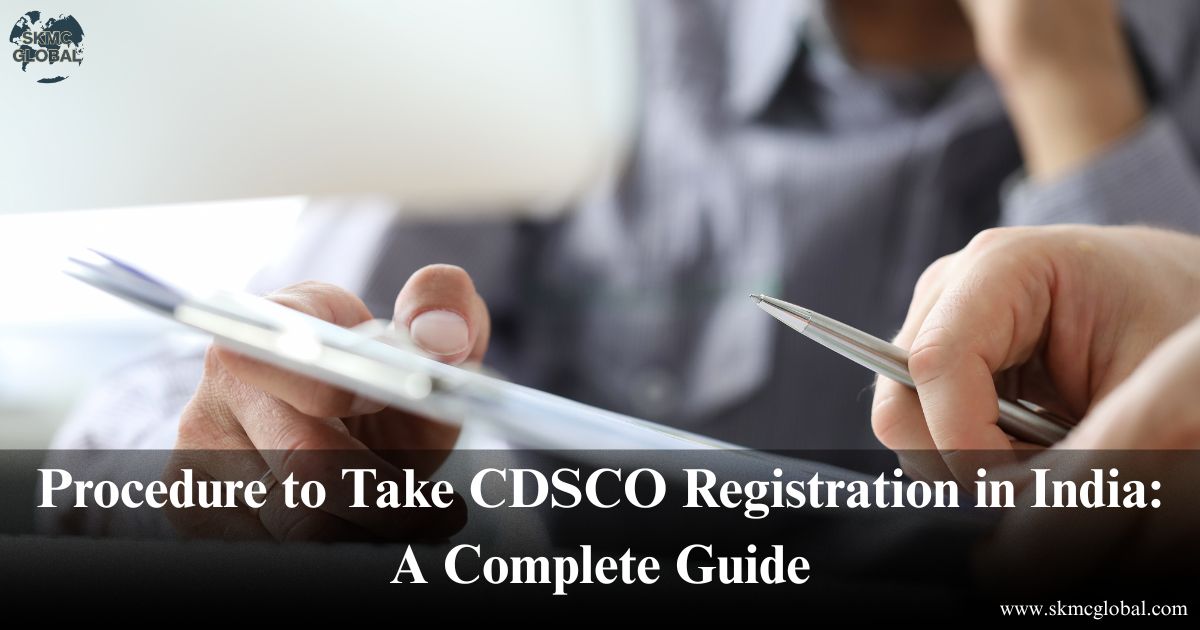 Procedure to Take CDSCO Registration in India: A C...
Jun 09,2025
Procedure to Take CDSCO Registration in India: A C...
Jun 09,2025
-
 All You Need to Know About AERB Registration...
Jun 07,2025
All You Need to Know About AERB Registration...
Jun 07,2025
-
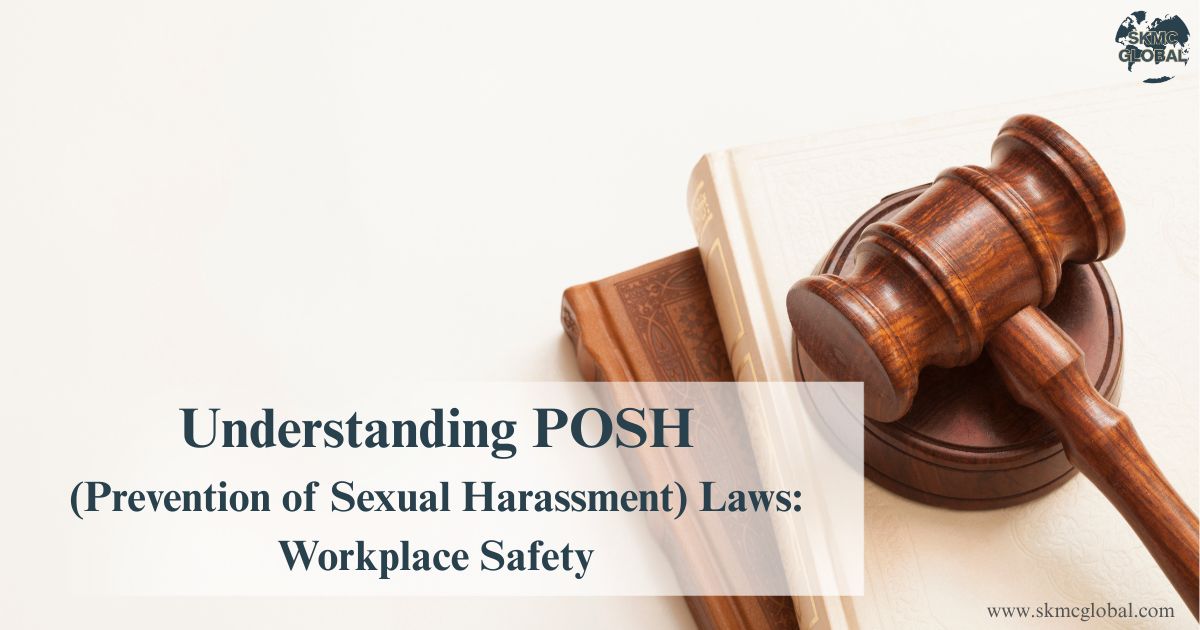 Understanding POSH (Prevention of Sexual Harassmen...
Jun 03,2025
Understanding POSH (Prevention of Sexual Harassmen...
Jun 03,2025
-
 Chartered Accountant's role in financial managemen...
May 23,2025
Chartered Accountant's role in financial managemen...
May 23,2025
-
 5 Things to keep in mind while running your payrol...
May 17,2025
5 Things to keep in mind while running your payrol...
May 17,2025
-
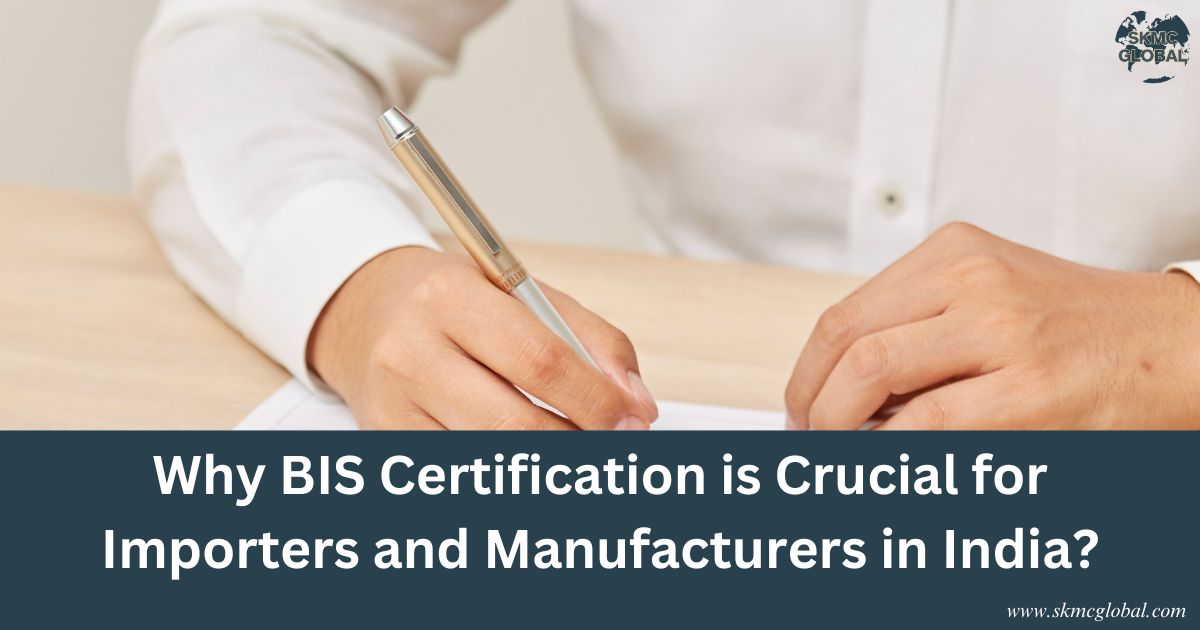 Why BIS Certification is Crucial for Importers and...
May 15,2025
Why BIS Certification is Crucial for Importers and...
May 15,2025
-
 Top 7 Reasons Indian Entrepreneurs Are Switching t...
May 07,2025
Top 7 Reasons Indian Entrepreneurs Are Switching t...
May 07,2025
-
 Incorporation of Company in Japan...
Apr 24,2025
Incorporation of Company in Japan...
Apr 24,2025
-
 How to set up a Representative Office in Singapore...
Apr 14,2025
How to set up a Representative Office in Singapore...
Apr 14,2025
-
 BIS certificate for medical equipments...
Apr 09,2025
BIS certificate for medical equipments...
Apr 09,2025
-
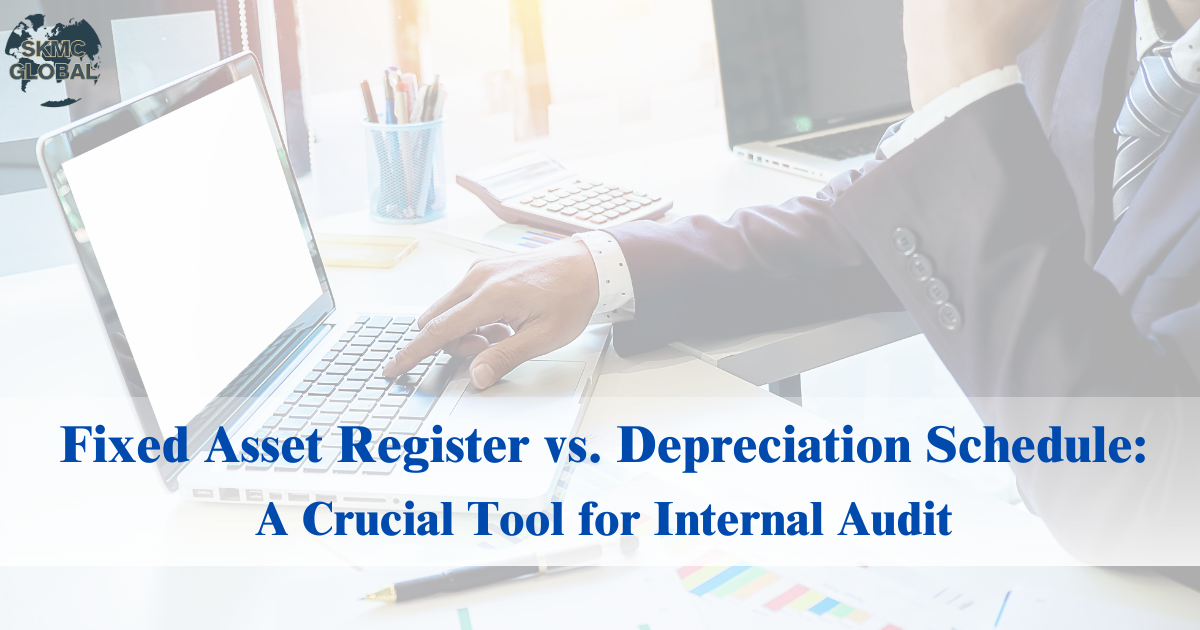 Fixed Asset Register v/s Depreciation Schedule: A ...
Apr 02,2025
Fixed Asset Register v/s Depreciation Schedule: A ...
Apr 02,2025
-
 Role of AI in Accounting...
Mar 26,2025
Role of AI in Accounting...
Mar 26,2025
-
 Capital Structure & its Impact on Profitability...
Feb 21,2025
Capital Structure & its Impact on Profitability...
Feb 21,2025
-
 Union Budget 2025...
Feb 01,2025
Union Budget 2025...
Feb 01,2025
-
 What is EPR in Plastic waste Management? ...
Jul 12,2022
What is EPR in Plastic waste Management? ...
Jul 12,2022
-
 Lithium-ion Battery Recycling Plant Setup in India...
May 10,2022
Lithium-ion Battery Recycling Plant Setup in India...
May 10,2022
-
 Setting up E-waste Recycling Plant Setup...
Jan 12,2022
Setting up E-waste Recycling Plant Setup...
Jan 12,2022
-
 Applicability of Labour Laws in India...
Jul 15,2021
Applicability of Labour Laws in India...
Jul 15,2021
-
 Basis to Outsource Finance and Accounting Services...
Oct 31,2021
Basis to Outsource Finance and Accounting Services...
Oct 31,2021
